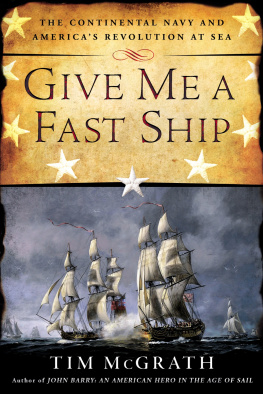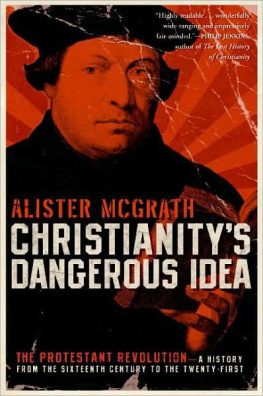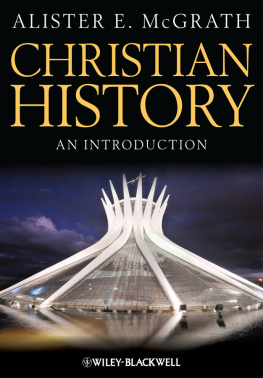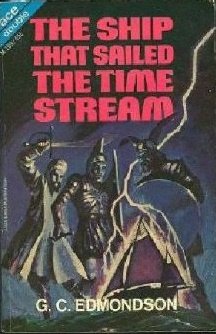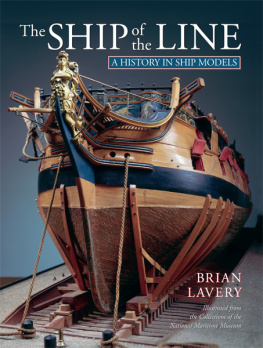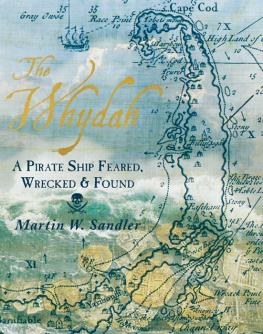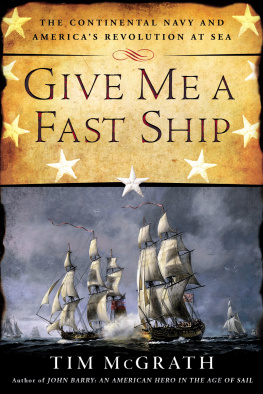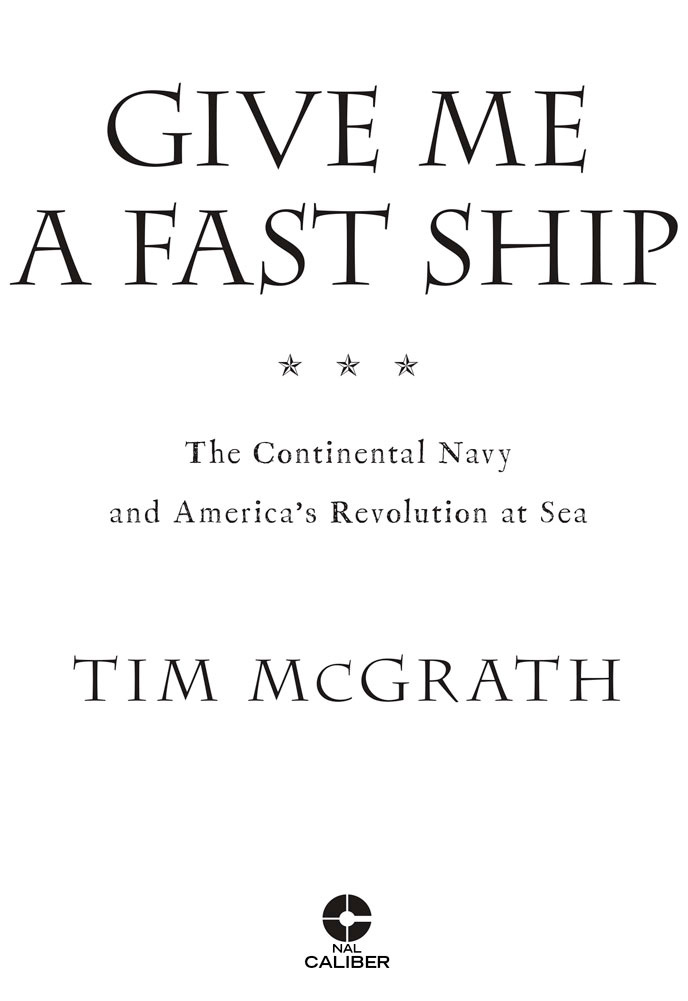CHAPTER ONE
REBELLIOUS FANATICKS
What can we doif united? We only want a navy to give law to the world, and we have it in our power to get it.
MAJOR ADAM STEPHENS TO RICHARD HENRY LEE, 1775
T o begin with, they paid hardly any taxes.
But it was not the amount that angered these New Englanders. It was the idea of the tax itself; the act of a governing body demanding revenue from fellow countrymen who, because they lived an ocean away, did not possess the right to be represented among the lawmakers who levied the tax.
At dusk on Thursday, December 16, 1773, dozens of them stood along Griffins Wharf in Boston, huddled together against the wind and rain, a band of men and boys handpicked by Samuel Adams and the other leaders of the Sons of Liberty, a society of patriots united in their resistance to the policies of King George III and Parliament. The gang at the wharf ranged in notoriety from the well-known silversmith and sometime propagandist Paul Revere to fifteen-year-old Joshua Wyeth, a blacksmiths apprentice. Most of them were dressed as Indians, wrapped in blankets and carrying hatchets. Their faces had been smudged with burnt cork by Mrs. James Bruce, whose husband was one of the ringleaders.
Some blocks away on Boylston Street, inside Old South Church, the most vocal faction of the towns resistance to British taxation took turns addressing a crowd that filled the pews, packed the aisles, and spilled outside into the streets. Old South was a perfect venue for such a revolutionary meeting; one of its earlier members, Samuel Sewall, was among the first Americans that railed against the practice of slavery and later advocated womens rights.
For weeks, American ports had been abuzz over the latest affront from Parliament: a tax on tea. For ten years, Parliament had passed a series of taxes levied at the American colonies as part of its efforts to pay for the defense of the colonies. Each measure, from the Sugar Act and the Stamp Act through the Towns- hend Acts, was aimed at paying down this debt, and each one was vehemently resisted by many colonists. They were led by the merchants, who viewed any tax, even those ordained to pay for the victory over their French and Indian enemies, as an attack on their rightsor lack of themby the Crown. Their resistance consistently bore fruit, for measure after measure was repealed.
But the Tea Act was naked in its lack of any connection to colonial self-interest. Its purpose was to bolster the sagging fortunes of the East India Company, a pillar of the British economy whose stock had recently plummeted from 280 to 160 per share. Deeming John Company as too big to fail, Parliament, in passing the Tea Act, hoped to give it a virtual monopoly on the most popular drink in the British Empire. The East India Company could undersell everyone, including American merchants who smuggled the profitable leaves outright.
Those colonial merchants designated as agents of the East India Company anticipated a financial windfall, but quickly discovered that their appointments were more curse than blessing. Once news reached America of this latest tax, resistance quickly spread, growing from outcry to physical intimidation, especially when the ships bearing the teamany of them owned by the agents themselvesentered port roadsteads from Boston to Charleston. By December news reached Massachusetts of the broadside delivered to Delaware River pilots, signed by the Committee for Tarring and Feathering and informing them of what awaited anyone who dared bring a tea ship into Philadelphia. One captain named Ayres did sail his ship, the Polly, into port, and was soon brought to the State House (later known as Independence Hall) by a crowd of hundreds while the committee got their tar ready. After Ayres assured one and all that he would sail back to England with the next tide, they joyfully dispersed. Among them was John Barry, a young merchant captain who, at six feet four, was easy to spot. He went home that evening to regale his wife with the most recent events. The next morning he stood downriver aboard his merchantman, bound for the island of St. Eustatius, the Polly sailing just ahead.
Thus inspired, the speakers at Old South had made their plans days before they took turns at the pulpit on this dreary afternoon.
Word of Philadelphias planned tea party also reached the home of the Massachusetts governor, Thomas Hutchinson, whose two sons were among the agents awaiting tea shipments. Tension mounted daily as, one by one, the merchantmen, loaded down with hundreds of chests full of tea, made their way up the Kings Roadstead to Boston harbor. The first ship, the Dartmouth, dropped anchor on November 17, followed by the Eleanor and the Beaver. By law, no cargo could be unloaded for thirty days. If the Sons of Liberty were to act, they had until tonight to do sohence this meeting inside Old South Church.
Throughout the late afternoon, speakers urged Bostonians to stand united in opposition to Crown policy. Their oratory was a delaying action. Earlier, the Sons of Liberty sent the

